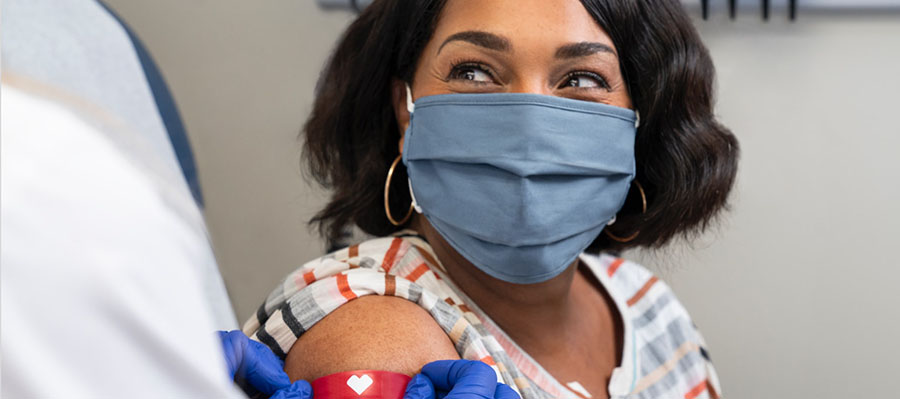The Office on Women's Health (OWH) was established in 1991 within the U.S. Department of Health and Human Services (HHS). OWH coordinates women's health efforts across HHS and addresses critical women's health issues by informing and advancing policies, educating health care professionals and consumers, and supporting innovative programs. The website of OWH clearly states that materials contained on the site pages are free of copyright restrictions and may be copied, reproduced, or duplicated without permission of the Office on Women’s Health. The main reason for this could be that it wants more and more women to gain maximum knowledge about their own health which they generally tend to neglect. OWH supports a variety of campaigns, programs, and policies around health disparities, violence against women, HIV and AIDS, trauma-informed care, health across the lifespan, and the provision of health care. Though it was created with more focus on US women’s health, the policy, education, and innovative programs of the organization should be followed by all women, health professionals, healthcare organizations and policy making bodies globally with of course adding their own localized healthcare improvisations.
How can women benefit?
Women can get breastfeeding help, family planning help, mental health help, healthcare knowledge and support, health insurance services, girl’s health information and women-specific vaccine information from the platform. Some of the popular health concerns that OWH focuses on are pregnancy, polycystic ovary syndrome (PCOS), menstruation, HIV and AIDS, thyroid diseases, autoimmune diseases, carpal tunnel syndrome, depression, reproductive health, sexual health, sexually transmitted diseases, bleeding disorders etc.
The OWH site is rich in factsheets of all health ailments starting from A-Z providing information with focus on women with guidance on how they can manage these health conditions. Since the website is maintained by the federal government, women can use all health-related information from it for their benefit without worrying about authenticity. Not only this, the information can be used by health professionals and also by all organizations to know all about the health of their women employees so that accordingly they can make women-friendly work policies.

 We all know about WHO and keep quoting it every now and then. Its directives had always been of global significance. The significance improved even further during these pandemic times when everyone was looking up to WHO for the latest guidelines. There is a need for more awareness to be spread about OWH so that women across the globe can benefit.
We all know about WHO and keep quoting it every now and then. Its directives had always been of global significance. The significance improved even further during these pandemic times when everyone was looking up to WHO for the latest guidelines. There is a need for more awareness to be spread about OWH so that women across the globe can benefit.








.jpeg)



.jpeg)






.jpeg)









.jpg)


.jpg)
